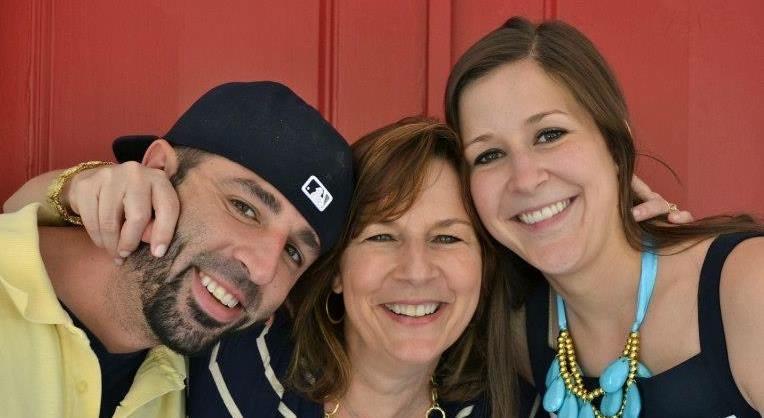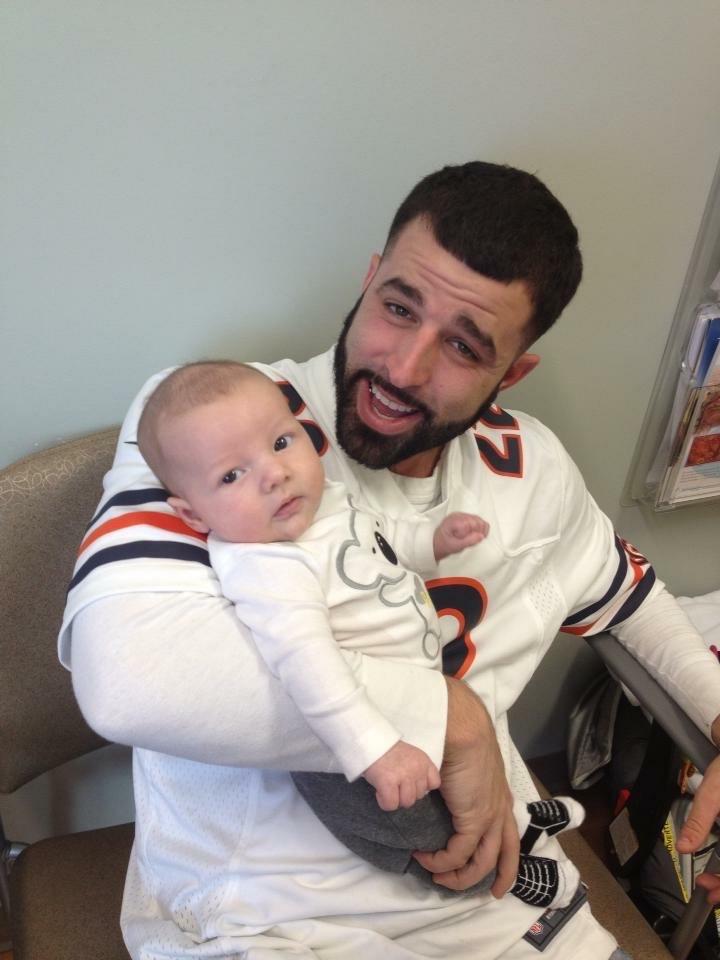
Caption
This undated photo shows Nick Carusillo, left, with his mother, Tina Carusillo, center, and his sister, Jessica Long. Nick Carusillo died in September 2017 when he was hit by multiple vehicles on a Georgia interstate, just days after he was abruptly discharged from an addiction treatment center. Now his parents hope a substantial jury verdict in their favor will prompt change that helps others suffering from mental illness and substance abuse.
Credit: Warshauer Woodward Atkins Trial Attorneys


